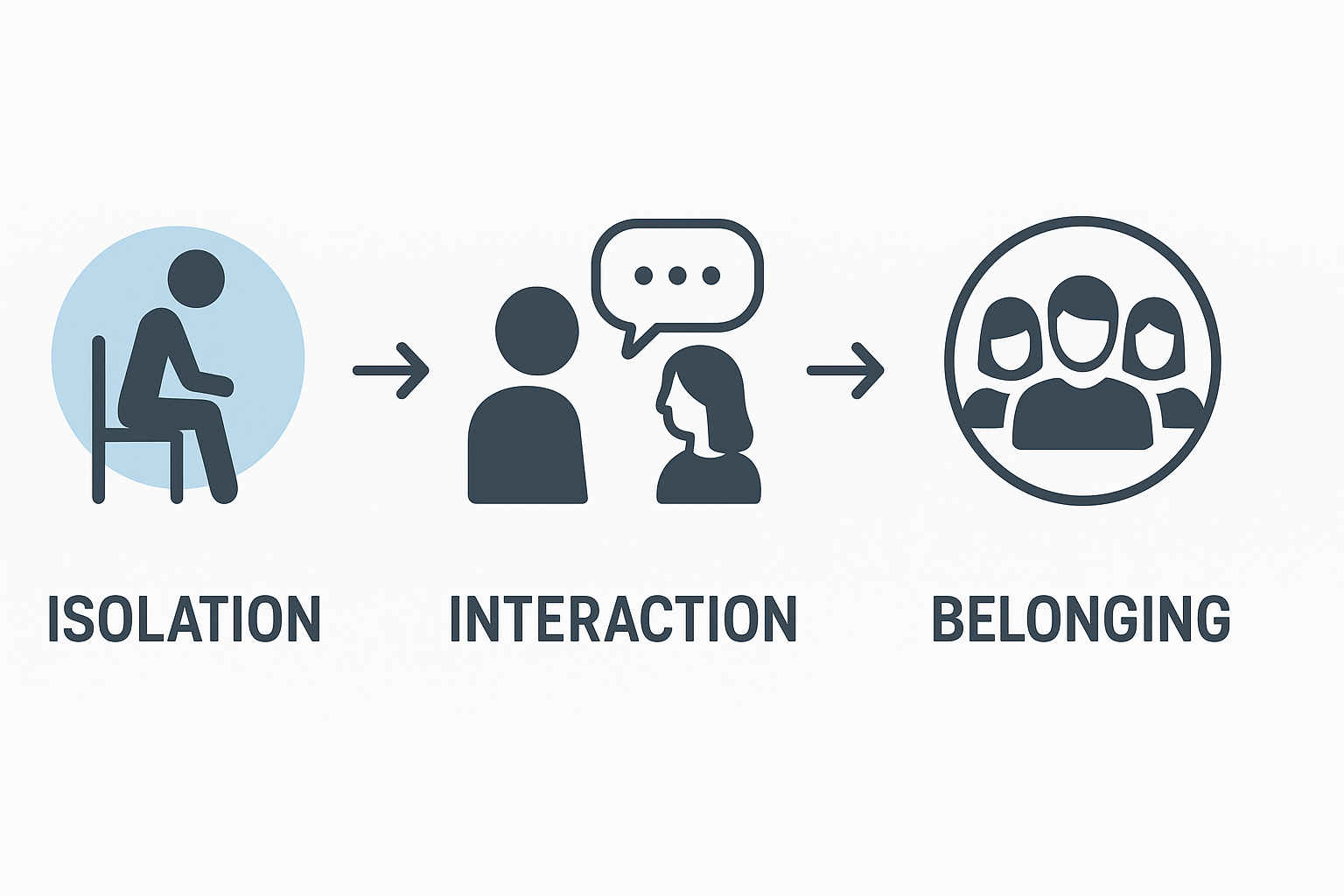The Role of Artificial Intelligence in Redefining Modern Housing and Co-Living Communities

The concept of co-living has evolved beyond shared rent and convenience. In today’s urban hubs, people are seeking not just a roof over their heads but also meaningful connections and compatibility with those they live with. However, without proper systems, roommate and co-living mismatches can create friction, lead to turnover, and disrupt what should be a supportive living experience.
This is where artificial intelligence steps in. With platforms like Easy Pairing, AI is redefining how people are matched in housing environments, prioritizing compatibility and collaboration to foster thriving communities.
Why Traditional Housing Assignments Fall Short
Historically, housing assignments relied on basic factors: budget, location, and room size. In student housing or co-living spaces, residents might answer generic surveys about smoking habits, quiet hours, or cleanliness. While useful, these approaches miss deeper layers of compatibility.
As a result, mismatched roommates often face:
- Conflicts over lifestyle differences.
- Feelings of isolation due to lack of shared values.
- Shorter tenancy periods, increasing management costs.
How AI Redefines Co-Living
AI-powered platforms like Easy Pairing evaluate not only the practical needs of residents but also the human dynamics that shape shared living. By integrating data on:
- Lifestyle choices (early riser vs. night owl, social vs. private).
- Study or work patterns.
- Cleanliness and organization habits.
- Values, cultural preferences, and social engagement levels.
Easy Pairing creates compatibility scores that highlight how well individuals might align in a shared space. This proactive approach helps property managers and co-living providers reduce conflicts before they arise.

Benefits for Residents and Housing Providers
Smart matching isn’t just about happier residents; it’s also about operational success for housing providers. By leveraging AI-driven compatibility, co-living spaces can:
- Increase retention rates: People stay longer when they feel comfortable in their environment.
- Reduce conflict management: Fewer disputes mean less time spent resolving tenant issues.
- Enhance community building: Aligned values lead to organic friendships and collective engagement.
- Differentiate the brand: Housing providers can stand out by offering compatibility-focused placements.
For students, young professionals, and global citizens alike, this means housing becomes more than accommodation; it becomes an experience of belonging.
Building Community Beyond Four Walls
The impact of AI extends into how co-living communities function socially. By matching individuals with shared values and complementary lifestyles, Easy Pairing encourages group activities, collaboration, and mutual support. Whether it’s organizing study groups, cultural exchange dinners, or wellness sessions, compatibility lays the foundation for community culture.
This shift is particularly powerful for international students and digital nomads, who may feel disconnected in new cities. With AI-driven matching, they can seamlessly integrate into communities where they feel understood and valued.

The Future of AI in Housing
As housing needs evolve, artificial intelligence will play a central role in making co-living sustainable, inclusive, and community-driven. With Easy Pairing, the focus shifts from logistics to human compatibility, ensuring that residents not only share a space but also thrive together.
By reducing conflict, fostering inclusivity, and amplifying community engagement, AI-powered matching redefines modern housing as a place where people connect, grow, and belong.
Conclusion
Artificial intelligence is transforming co-living into more than a practical solution; it’s creating a lifestyle where compatibility drives satisfaction and community flourishes. With Easy Pairing, the future of modern housing is about more than walls and rent; it’s about people living better, together.